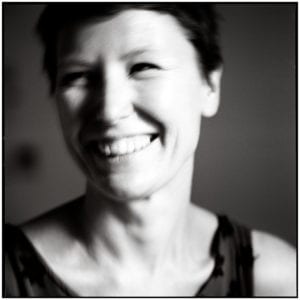
Diane Smyth is the editor of BJP, returning for a second stint on staff in 2023, after 15 years on the team until 2019. She also edits the Photoworks Annual, and has written for The Guardian, FT Weekend Magazine, Aperture, FOAM, and Apollo, plus catalogues and monographs. Diane lectures in photography history and theory at the London College of Communications, and has curated exhibitions for The Photographers Gallery and Lianzhou Foto Festival. Follow her on instagram @dismy